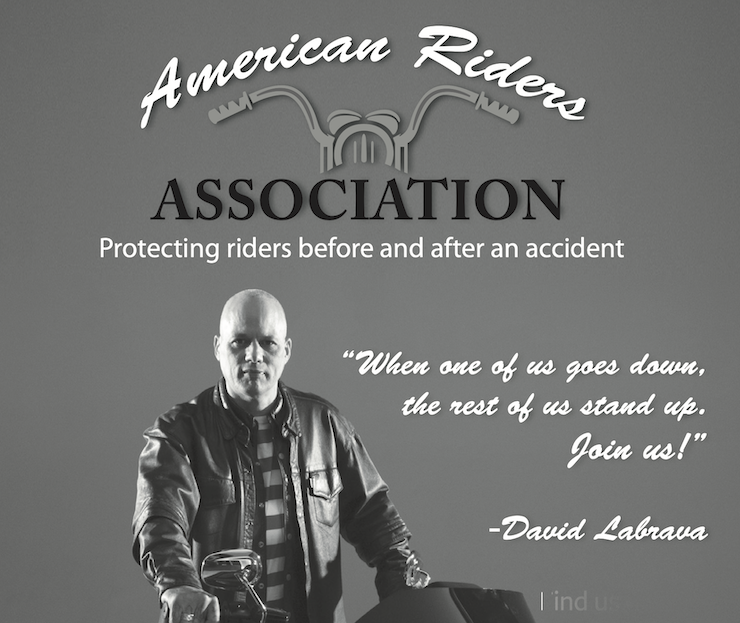There’s a lot that can make or break an accident case—physical evidence, what either side says, the extent of injuries, any preexisting conditions, if you can still work, and, of course, who’s at fault. But here’s the kicker: what happens after the wreck can also tip the scales. Here at Podor Law, we’ve been in the legal game for over 40 years, and let me tell you, insurance companies have gotten real slick. They’ll do anything to protect their bottom line and screw up your case. One of the nastiest tricks they’ve got up their sleeve? Social media. What you post online can, and will, be used against you in court.
Back in the day, insurance companies would stick to the basics—surveillance, hiring investigators to snap photos and grab videos of you during your case. That’s still part of their playbook, but now, with everyone glued to social media, they’ve leveled up. Investigators are all over these platforms, digging through profiles to find anything they can—fraud, exaggeration, conflicting statements, or even extra dirt to use against you. Social media’s become a goldmine for them, especially when folks are out there spilling every detail of their lives for the world to see. In personal injury cases, your online life is fair game.
These days, pretty much everyone’s got a social media account, and people don’t think twice about posting every little detail of their lives for the world to see. But here’s the deal—after an accident, it’s tempting to jump back into updating statuses or sharing pics, trying to stay active online like nothing’s changed. Bad move. Some of that info is better kept to yourself, because once it’s out there, it can come back to bite you.
Even if it seems harmless, your online activity can seriously mess up any legal case you’re trying to build.
For example:
- You let it slip on social media that you’ve been in an accident, and when friends and family start asking how you’re doing, you downplay it, saying it was no big deal and you’re perfectly fine. That’s all the defense needs to hear.
- You post about feeling better, talking about how you’ll be back to work soon or can’t wait to get back to your favorite sport. That’s ammunition for the other side to argue you’re not as hurt as you claim.
- You go off about the person who caused the wreck or join your buddies in bashing them, even saying you’re going to take them for everything they’ve got. That makes you look vindictive, like you’re not as impacted as you claim, and the defense will use it to question your motives in court.
- Or, maybe you just post a selfie showing off your injuries. The defense can twist that, arguing you’re obviously not too hurt if you can pose for the camera and smile.
Back in the day, your attorney would tell you straight up: don’t talk about your case to anyone except them. Insurance adjusters, defense lawyers, maybe even jurors might try to reach out, and you’d be told to stay quiet—don’t give them anything. If an adjuster wanted info, you’d tell them to hit up your lawyer, no exceptions.
But now? Social media’s changed the game. With just a click, you can broadcast your life to everyone. And trust me, insurance adjusters and defense attorneys are all over that. They’ll dig through your accounts, blogs, and even “private” pages, searching for anything to use against you. Their goal is simple: to pay out as little as possible. So, their online snooping is all about proving you’re not as hurt as you say.
As tempting as it might be, you’d be smart to stay off social media until your case is wrapped up —better yet, deactivate your accounts for now. But if you just can’t keep yourself off Facebook, Twitter, Instagram, or whatever else you’re scrolling, make sure you tread carefully. Follow these tips to avoid throwing your case into a tailspin:
- WORD YOUR UPDATES CAREFULLY – Resist the urge to say you’re feeling fine, the crash was minor, or anything too positive. It can come back to bite you.
- DON’T DISCUSS THE ACCIDENT – Even a casual comment could make an adjuster question your original story.
- AVOID POSTING ABOUT ACTIVITIES – You might think it’s harmless, but even saying you went to the movies or a party could undermine your claim that you’re physically limited at work.
- REFRAIN FROM POSTING PHOTOS – Innocent pics can expose your location or leave a digital trail that works against you. Even being tagged by friends can raise red flags.
- ADJUST PRIVACY SETTINGS – Max out your privacy settings, but remember, nothing online is 100% safe. Avoid suspicious friend requests and keep tabs on who’s following you.
- STICK TO THE FACTS – Even if you’re feeling better, only update people with simple facts like, “I’m at home,” or “Thanks for the support.” Keep it brief and avoid anything that can be twisted during the claims process.Most people don’t realize how much personal info they spill on social media, and that can come back to haunt them—especially in cases where there are no solid witnesses or evidence. For instance, if your profile shows a love for high-risk activities, the insurance company might argue you’ve got a thing for dangerous behavior. Or if your feed is full of bar-hopping pics, they could suggest you were intoxicated when the accident happened.If you’ve been in a serious accident, you can bet the other guy’s insurance company is watching every move, including your online activity. Don’t risk your compensation—it’s smarter to lay low and stay off social media.









